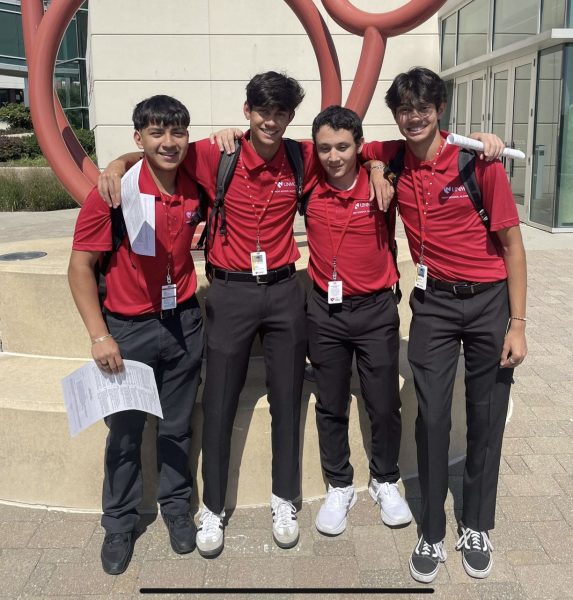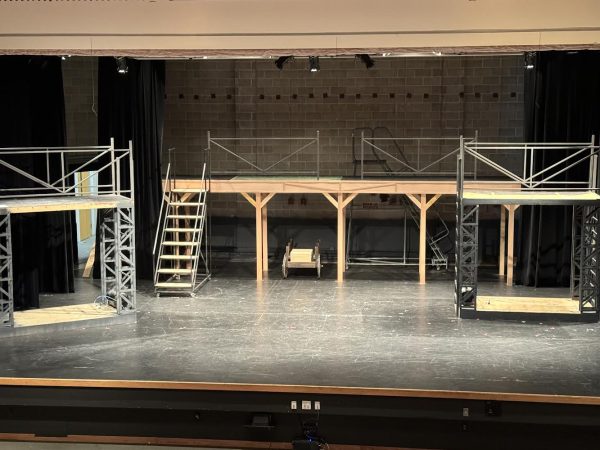Learning Mandarin through Immersion
It is 8:30 a.m. on a sunny summer day and most high school students are asleep. For senior Drew Gerber, instead of sleeping through half of his day, he awakens to practice the martial art known as T’ai chi ch’uan (or tai chi for short) at a Mandarin language immersion course organized by The Department of Teaching, Learning and Teacher Education at the University of Nebraska Lincoln. The department was able to put on the course through a grant from STARTALK, a presidential initiative to fund summer programs in critical languages.
For two weeks of the summer, Gerber and his fellow Mandarin enthusiasts learned about the language and Chinese culture behind it. The process was very selective. Only Gerber and 24 other students across the state were qualified to partake in the experience. The course targeted students who have no, or very little, knowledge of the Chinese language, but were interested in further expanding their proficiency in foreign languages.
To help the students get acquainted with each other before the program, STARTALK set up Blackboard accounts for each student three weeks prior to the July 7 beginning of the program, and had them all answer various discussion board questions. Upon arrival to the program, each student received an iPad so they could become proficient in using iPads as a language learning tool.
After practicing tai chi for 30 minutes, Gerber would attend two one hour and fifteen minute classes. The classes revolved around speaking and learning the language.
“Most of the time, the teacher would speak entirely in the language,” Gerber said. “[At Westside] we may speak the language [we take] a lot, but there is always someone speaking English, including the teacher.”
In the program, all but one of the instructors was born in China, unlike the Westside language program, where many of the teacher’s first language is English.
Following his first two classes, Gerber would take his lunch break at 11:30 a.m. and recoup with some Jerry Springer before his final two classes of the day. Immediately after finishing the day’s classes, Gerber and the other students would journal about their day and the experiences that came along with it from 4 to 4:30 p.m. Once they were finished with their journals, Gerber and the other students had a two hour break before embarking on a cultural activity during the evening.
The cultural activities included everything from visiting Chinese markets and buying traditional delicacies to make dumplings to singing karaoke in Mandarin. The cultural activities were based around the various festivals celebrated throughout the year in China.
At night, the students would hang out in the lounge area of the dorms at the University of Nebraska Lincoln and socialize before winding down for the night, in preparation to do it all again the next day.
“It was a really good experience, and I feel like the program really helps people find out if they are actually interested in this language or not,” Gerber said.
For Gerber, the program was able to do more than just teach a language; Gerber was able to make connections with other students who were eager to learn the language and culture of China.
“In two weeks, I definitely made some friends that I still keep in contact with,” Gerber said. “Some of the other students go to school in Omaha, so I may see some down the road.”
Your donation will support the student journalists of Omaha Westside High School. Your contribution will allow us to purchase equipment and cover our annual website hosting costs.












